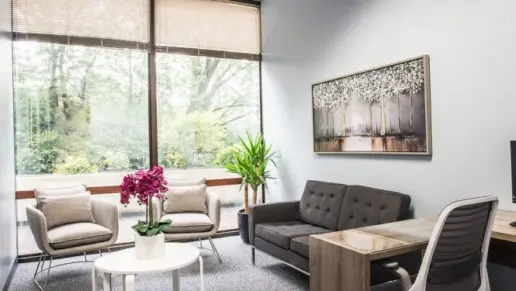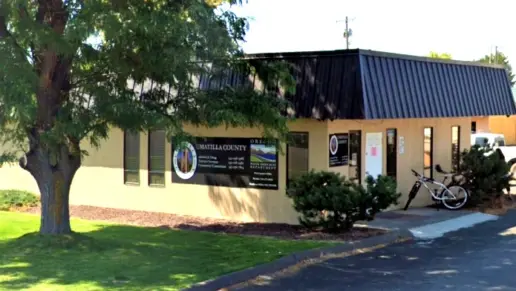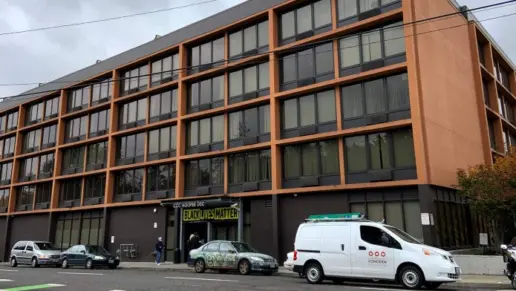About Centro Latino Americano
Centro Latino Americano is a nonprofit community organization serving Latino adolescents and adults and Mexican immigrant families in Eugene, Oregon. It was formed in 1972 by a group of Chicano student activists from Lane Community College and the University of Oregon. Although it provides an array of services it specializes in substance addiction treatment. The treatment is fully bilingual, so you can expect recovery services that affirm your culture while negating language barriers and communication issues.
Treatment will also reflect the Latino norms, beliefs and values inherent to many clients’ cultural identities. It’s also worth noting that the Central Latino Americano facility integrates its substance abuse services with its human and social services. This is beneficial for those who require mental health services alongside addiction treatment. It’s also important to know that this center offers specific services for women who need addiction treatment.
When you enroll in the outpatient program at this center you’ll receive counseling from a licensed therapist. This therapist will work with you and social workers to provide various services and customized treatment plans. Family members can also receive help if they are trying to assist an individual going through addiction.
In terms of payment this facility offers a sliding scale for community members who are without insurance or who have limited insurance coverage. This center also bills the Oregon Health Plan for services. No community member will be denied help because of their inability to pay for treatment or enrollment in the Oregon Health Plan.
Rehab Score
Gallery
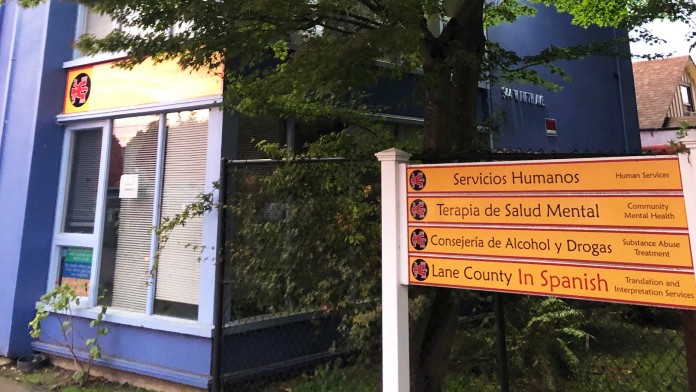
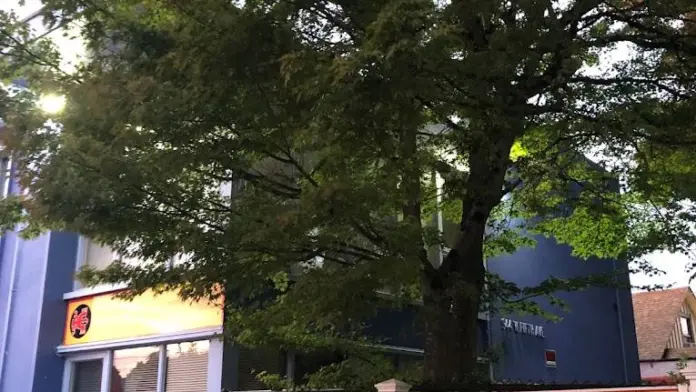
Location
Accepted Insurance
Other Forms of Payment
Self-pay involves paying for treatment out of your own pocket. You can use savings or credit, get a personal loan, or receive help from family and friends to fund your treatment. If you don't have insurance or your insurance plan doesn't cover a specific program, self-pay can help ensure you still get the care you need.
Financial aid can take many forms. Centers may have grants or scholarships available to clients who meet eligibility requirements. Programs that receive SAMHSA grants may have financial aid available for those who need treatment as well. Grants and scholarships can help you pai for treatment without having to repay.
Medicaid is a state based program that helps lower-income individuals and families pay for healthcare. Medicaid covers addiction treatment so those enrolled can use their coverage to pay for rehab. When a program accepts Medicaid the client often pays very little or nothing out of their own pocket.
Medicare is a federal program that provides health insurance for those 65 and older. It also serves people under 65 with chronic and disabling health challenges. To use Medicare for addiction treatment you need to find a program that accepts Medicare and is in network with your plan. Out of pocket costs and preauthorization requirements vary, so always check with your provider.
Addiction Treatments
Levels of Care
Treatments
The goal of treatment for alcoholism is abstinence. Those with poor social support, poor motivation, or psychiatric disorders tend to relapse within a few years of treatment. For these people, success is measured by longer periods of abstinence, reduced use of alcohol, better health, and improved social functioning. Recovery and Maintenance are usually based on 12 step programs and AA meetings.
Drug rehab in Oregon offers a full continuum of care for those struggling with addiction. From detox, to inpatient, to outpatient, to aftercare, Oregon residents can find the support they need for recovery. This treatment empowers individuals to replace drug use with positive alternatives and develop a healthier lifestyle.
Many of those suffering from addiction also suffer from mental or emotional illnesses like schizophrenia, bipolar disorder, depression, or anxiety disorders. Rehab and other substance abuse facilities treating those with a dual diagnosis or co-occurring disorder administer psychiatric treatment to address the person's mental health issue in addition to drug and alcohol rehabilitation.
Opioid rehabs specialize in supporting those recovering from opioid addiction. They treat those suffering from addiction to illegal opioids like heroin, as well as prescription drugs like oxycodone. These centers typically combine both physical as well as mental and emotional support to help stop addiction. Physical support often includes medical detox and subsequent medical support (including medication), and mental support includes in-depth therapy to address the underlying causes of addiction.
Substance rehabs focus on helping individuals recover from substance abuse, including alcohol and drug addiction (both illegal and prescription drugs). They often include the opportunity to engage in both individual as well as group therapy.
Programs


Clinical Services
Group therapy is any therapeutic work that happens in a group (not one-on-one). There are a number of different group therapy modalities, including support groups, experiential therapy, psycho-education, and more. Group therapy involves treatment as well as processing interaction between group members.
Individualized therapy is personalized sessions to address your drug and alcohol addiction treatment. Your therapist seeks to understand your background and addiction triggers so they can collaborate with you to create a customized plan. In this plan, you set realistic goals, address underlying mental and emotional issues, and develop effective coping strategies.
Research clearly demonstrates that recovery is far more successful and sustainable when loved ones like family members participate in rehab and substance abuse treatment. Genetic factors may be at play when it comes to drug and alcohol addiction, as well as mental health issues. Family dynamics often play a critical role in addiction triggers, and if properly educated, family members can be a strong source of support when it comes to rehabilitation.
Life skills training is customized to fit your circumstances and needs. It allows you to rebuild the skills you've lost to addiction and regain control of daily life. It provides the necessary social, psychological, and physical skills you need for recovery.
Recreational therapy is often offered within a holistic treatment center that addresses drug and alcohol addiction treatment. It integrates activities like hiking, art, and team sports to improve physical and mental health. These activities give you an outlet to express your emotions and reduce your stress levels while fostering social connections.
It can be difficult to interpret or articulate how you're feeling during recovery. Through creative arts therapy, you can explore those emotions and share what you're feeling in ways beyond words. Methods include dance, drama, music, drawing, and writing.
Contact Information
944 West 5th Avenue
Eugene, OR 97402






